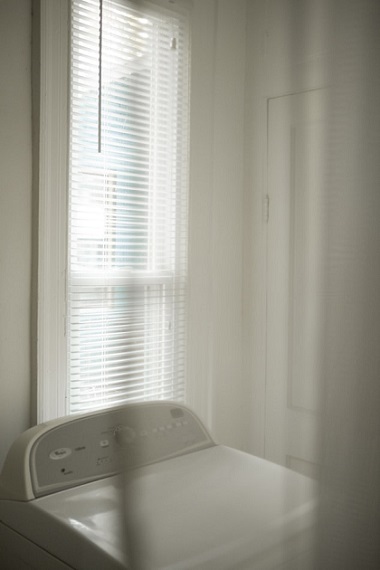Rosenblum opposes exemptions
The
Energy Policy and Conservation Act, prescribes energy conservation standards for various consumer products, including residential clothes washers and dryers. In proposed rulemaking the Department of Energy proposes to establish separate product classes for top-loading residential clothes washers and consumer clothes dryers that offer cycle times for a normal cycle of less than 30 minutes, and for front-loading residential clothes washers that offer cycle times for a normal cycle of less than 45 minutes. The Department of Energy would consider appropriate energy and water efficiency standards for such product classes, if adopted, in separate rulemakings.
The deadline for comment was September 14th, 2020. However, Attorney General Ellen Rosenblum
filed comments opposing the U.S. Department of Energy’s proposal with other Democrat run states on October 13. She claims the proposed rule completely exempts fast-cycle clothes washers and dryers from any energy efficiency standards, which isn’t true according to the
Federal Register.
Rosenblum states, “The Energy Policy and Conservation Act makes it clear that the Department of Energy is not allowed to weaken energy efficiency standards, let alone carve out complete exemptions to those standards. In this case, Department of Energy claims the authority, not only to exempt both washers and dryers from the Department of Energy’s own standards, but to exempt certain washers from minimum standards set by Congress itself.†However, the Act does not just seek to reduce energy demand and provide energy efficiency through energy conservation, but a comprehensive approach to increase energy production and supply as well to make the U.S. energy independent.
Part of the review has to do with the reduced life of appliances. The adoption of stricter standards has increased appliance demand through turnover, and increased energy used to manufacture and replace appliances more often.
Attorney General Rosenblum noted that Department of Energy unlawfully claimed that the rule change is exempt from the National Environmental Policy Act, based on its assertion that granting exemptions from energy efficiency standards will have no environmental impact. “Allowing increased energy use means more greenhouse gas emissions,†Rosenblum said. “Claiming that this action has no environmental impact is an example of climate denialism.â€
--Donna Bleiler| Post Date: 2020-10-25 17:29:48 | Last Update: 2020-10-25 20:13:19 |






